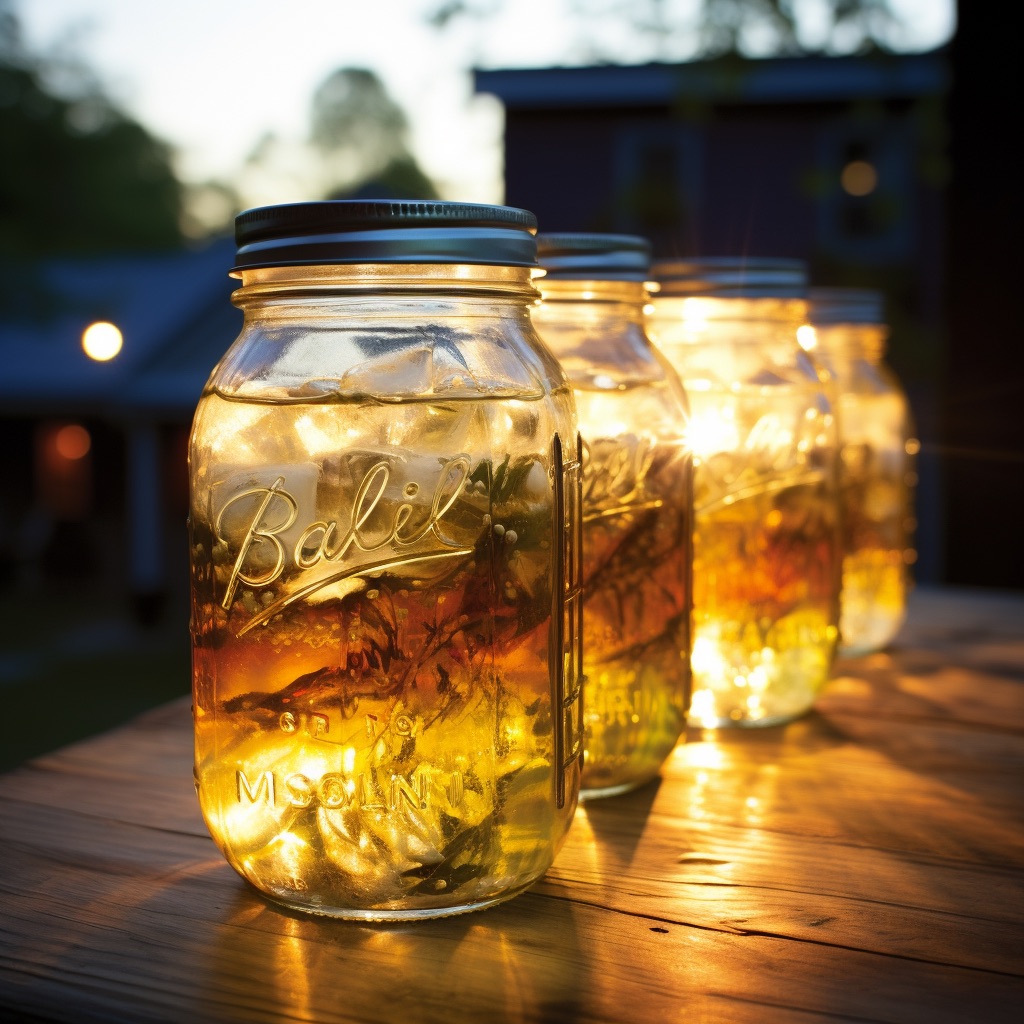The Legality of Moonshine in South Carolina

Moonshine: the stuff of legends, rural tales, and, of course, laws and penalties. South Carolina, a state with a rich history that includes a taste for distilled spirits, has some pretty clear guidelines when it comes to moonshine.
Let’s dive right into the laws that govern moonshine production in the Palmetto State, shall we?
The ABC Act: A Brief Overview
To begin with, the ABC Act outlines what counts as “alcoholic liquors” in South Carolina. The term includes “any spirituous malt, vinous, fermented, brewed, or other liquors.”
While the ABC Act excludes home-made wine from its scope, provided it’s not sold, it leaves no room for moonshine. It’s a distilled spirit, after all.
The Hammer Drops: Section 61-6-4010
If the ABC Act leaves any room for doubt, South Carolina Statute Section 61-6-4010 slams the door shut on moonshine production.
This law makes it “unlawful for a person to manufacture, store, keep, receive, have in possession, transport, ship, buy, sell, barter, exchange, or deliver alcoholic liquors, except in accordance with the provisions of this title.”
The Consequences: No Joke
Get caught, and you’re staring down the barrel of a misdemeanor with a range of penalties. For first-timers, that’s a fine of not less than $600 or up to six months behind bars.
Subsequent offenses can haul in fines of $1,500 to $3,000 and jail time ranging from one to two years.
In Conclusion
Simply put, moonshine production is illegal in South Carolina unless you’ve got the right permits. It’s not just some romantic outlaw endeavor but a legitimate risk of hefty fines and incarceration. Sure, it’s a part of cultural folklore, but when it comes to the letter of the law, moonshine is a no-go.
So, before you consider turning your shed into the next clandestine distillery, remember this: South Carolina law has made its stance on moonshine abundantly clear.